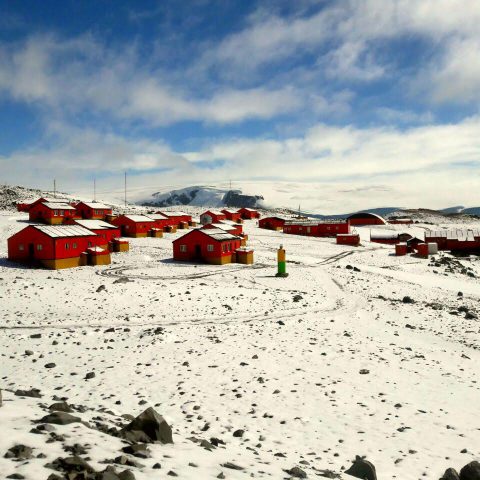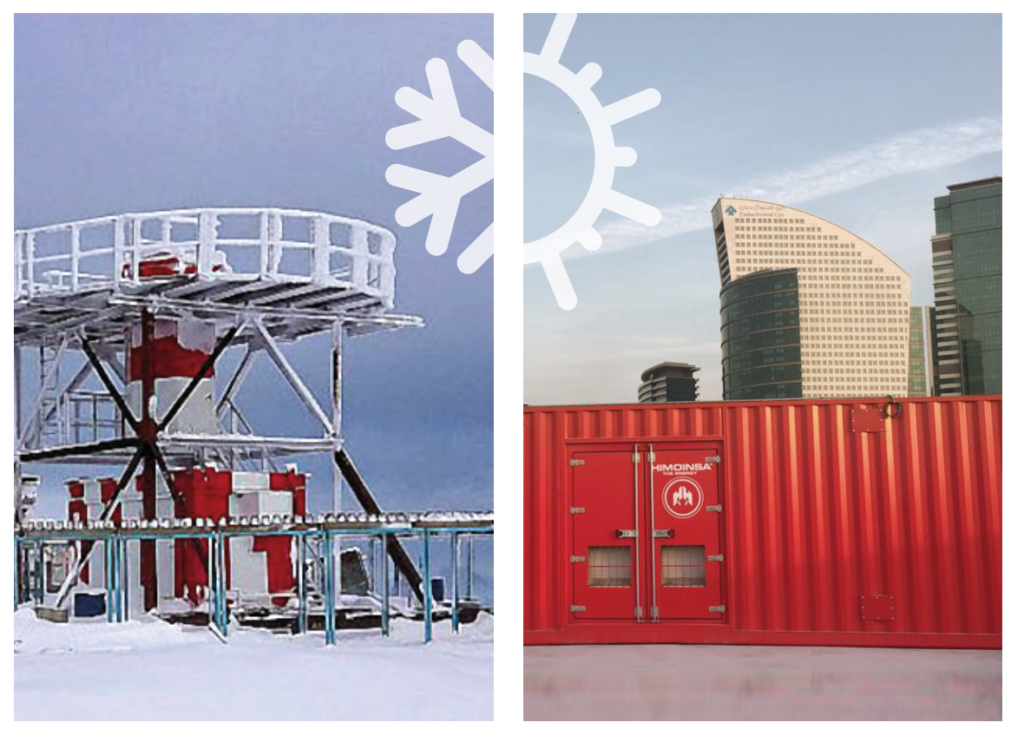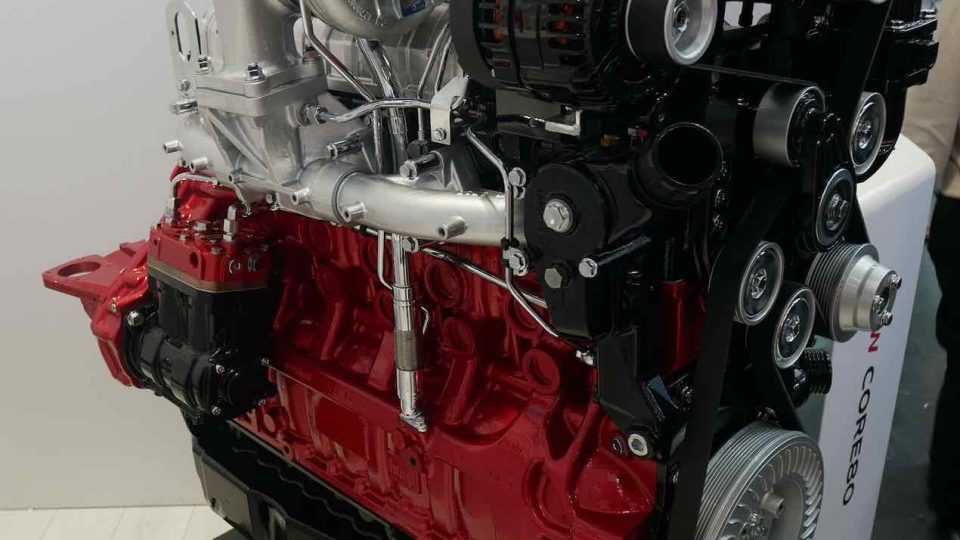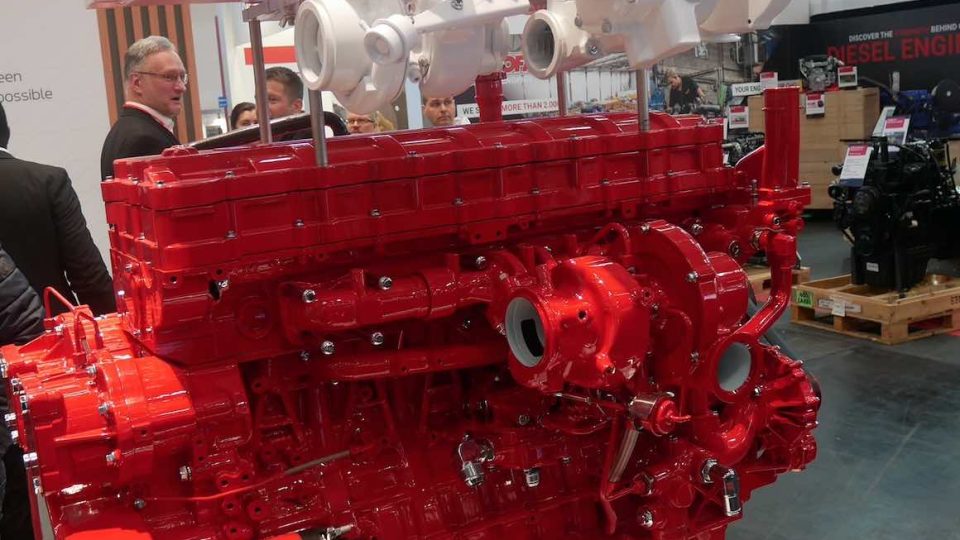Gensets and extreme climates. A white paper by Himoinsa
There’s quite a lot to say about gensets and extreme climates. In fact, the harshness of the environment can seriously affect a genset’s performance, so adapting it to the environment and taking a series of extra measures allows for top performance, regardless of where the project is carried out. A primary brand in the sector, […]

There’s quite a lot to say about gensets and extreme climates. In fact, the harshness of the environment can seriously affect a genset’s performance, so adapting it to the environment and taking a series of extra measures allows for top performance, regardless of where the project is carried out. A primary brand in the sector, Himoinsa, released a thorough white paper with some very useful indications (here’s the full pdf document).

Gensets and extreme climates: what are we talking about?
Let’s now report a few sentences from the white paper itself. «Climates with a -10°C or over 40°C ambient temperature, humidity above 70 percent, or a desert environment with a large amount of airborne dust are clear examples of extreme environmental conditions. All these factors can cause problems and shorten the service life of generator sets, both if they work on standby, since they have to remain stopped for long periods of time, or continuously, as the engine can easily heat up due to the number of working hours, and even more so in dusty environments».
50 MW OF STANDBY POWER FROM 25 HIMOINSA GENSETS IN TURKEY
A bit of a spoiler: the conclusions
«A correct configuration of your generator set and the carrying out of preliminary studies on the climatology of the equipment’s location (temperature, humidity conditions, pressure and atmospheric pollutants) will help extend the useful life of your generator set and keep its performance in perfect state, in addition to reducing maintenance tasks with the suitable accessories. Himoinsa’s complete and experienced technical engineering team always performs these preliminary studies on site, and can help you make the most suitable configuration decisions for your project».










